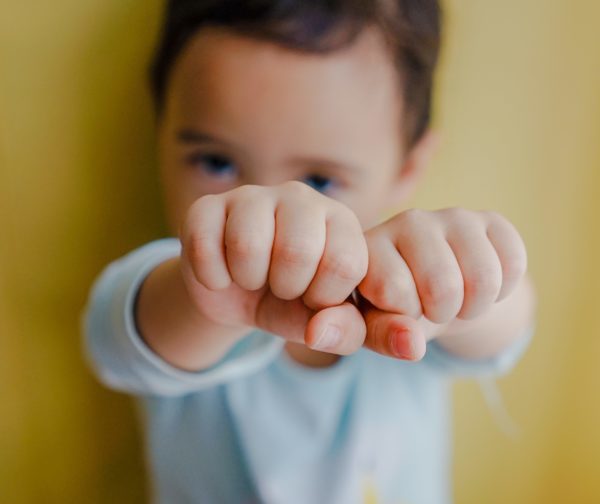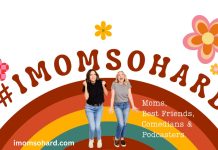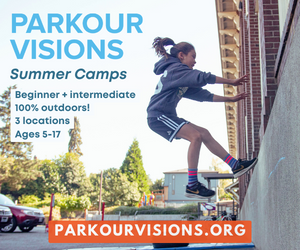“Mom, Max made me feel bad!”
Nope. No he didn’t. In fact it’s impossible. No one can make you feel bad.
This is a concept that is not only foreign to our children, but absolutely foreign to most of us, the parents. It’s quite interesting because I know I was always told to say, “Sticks and stones may break my bones, but words will never hurt me.” Only NOW do I fully understand what that really means. Words can’t hurt me unless I THINK they are painful and choose to feel bad about it.
Wait! What?
Some of us grew up with the notion we had control over the feelings of others. We were told to be careful, “You don’t want to make little Suzy feel bad.” Because of this, we also believed little Suzy could make us feel a certain way just with her words.

Knowing what I know now about thoughts and feelings, I’m blown away at the amount of time I spent blaming everyone else for MY feelings.
Parents. We are teaching our kids how to give away their power with this old way of thinking. What if we taught them something revolutionary? What if we taught them they get to CHOOSE how to feel? They get to decide how they want to think about words such as, “You’re fat,” “You’re a cry baby,” and “She doesn’t like you.” (all things said to my kiddo last year). Think about how much power they could have in their little hands!
Now, to be fair, unless you already understand this concept yourself (and use it daily), there will be a learning curve to this new mind training. And your kiddos may be completely confused if they have always believed another person caused their pain. So, let me give you a quick lesson on how this all works.
Here’s the way it might currently play out:
Circumstance: Other child said to your child, “No one likes you.” These words are neutral until the recipient decides what to think about it.
Your Child Thinks: “No one likes me”
Your Child Feels: Sadness/embarrassment/anxiety
Your Child Acts: Crying/avoiding people/berating his or herself
Results Your Child Creates: Believes “No one likes me.”
Hover, here’s what CAN happen once the child knows they can choose how to think about what others say:
Circumstance: Other child said to your child, “No one likes you”
Your Child Thinks: “Other kids DO like me.”
Your Child Feels: A bit confused, but not overly concerned
Your Child Acts: Confirms other kids DO like them/feels compassion for the child who said the words/plays with friends as usual/moves on with their day
Results Your Child Creates: Believes other kids DO like them
This is how we, as parents, would likely want it to go. And how we, as adults, should also look at how we address negative commentary from others.
Teaching our children in these situations might not begin with showing them they have the choice to feel any way they want. In fact, they might want to feel bad, and that’s okay, too. I started teaching my boys this concept from the angle of asking questions to get them thinking about the situation:
1. Why do you think they said that to you?
2. What might be going on with this person at home or at school?
3. Do you think it’s possible they are feeling bad about themselves?
4. Do you tell other people “mean” things so they might feel bad?
5. If so, why? How are you feeling when you say things which might be considered mean?
This gives them a look inside what the other child might be feeling. It teaches them the idea of projecting one’s own struggles and insecurities onto others. With a middle schooler at home, we’ve had a LOT of these discussions as MOST of the student body is struggling with an insecurity as they manage puberty!
It took me a few rounds of mental reconstruction before I fully grasped and understood that I am the one in charge of my feelings. It blew my mind.
Maybe this article was actually for you. Maybe you need time to learn more about this before you pass it on to your child. Give yourself back the power of your emotional health (mind management) and watch your kids follow suit. This next generation of ours will be PHENOMENAL once they master their emotional responsibility!



















Thank you for breaking it down like this and encouraging parents to ask their children questions to expand their thinking about what’s going on for the other person. So often we overlook the deep value in doing this!
You are so welcome! I agree. I hope more and more parents start to see this truth for themselves and then share it with their children. It’s such a powerful tool.
Comments are closed.